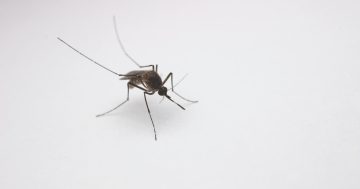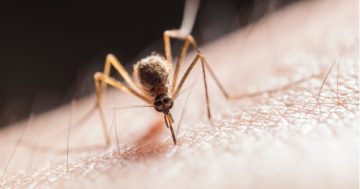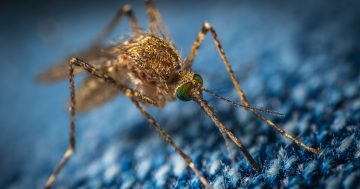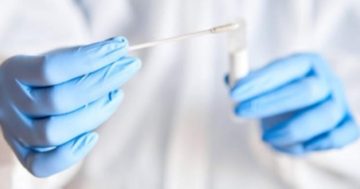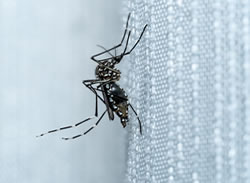 NSW Health is urging the population to stay vigilant and take precautions against mosquito bites after another State resident was confirmed to have Japanese encephalitis (JE).
NSW Health is urging the population to stay vigilant and take precautions against mosquito bites after another State resident was confirmed to have Japanese encephalitis (JE).
Announcing the State’s sixth JE case on Monday this week (14 March), NSW Health said several more people were undergoing testing for the virus and more cases were expected to be confirmed over the coming days and weeks.
“Locally acquired cases of JE have never previously been identified in NSW in animals or humans,” NSW Health said.
“Since late February 2022, the JE virus has been confirmed in samples from pig farms in NSW, Queensland, Victoria and South Australia.”
It said the virus was spread by mosquitoes and could infect animals and humans.
NSW Health reassured people that JE couldn’t be transmitted between humans, nor could it be caught by eating pork or other pig products.
“There is no specific treatment for JE, which can cause severe neurological illness with headache, convulsions and reduced consciousness in some cases,” the Department said.
“The best thing people throughout the State can do to protect themselves and their families against JE is to take steps to avoid mosquito bites.”
It said there were some simple precautions people could take to avoid being bitten, including to avoid going outdoors during peak mosquito times; wear long sleeves and pants outdoors; apply repellent to all exposed areas of skin, and reapply after swimming; ensure tents have fly screens to prevent mosquitoes entering; reduce water holding containers around the home; and make use of mosquito coils and other devices that release insecticide.
NSW Health advised people to ensure they applied sunscreen before insect repellent.
“Be aware that DEET-containing repellents may decrease the sun protection factor (SPF) of sunscreens so you may need to re-apply the sunscreen more frequently,” it said.
NSW Health’s two-page information sheet on JE can be accessed at this PS News link.


